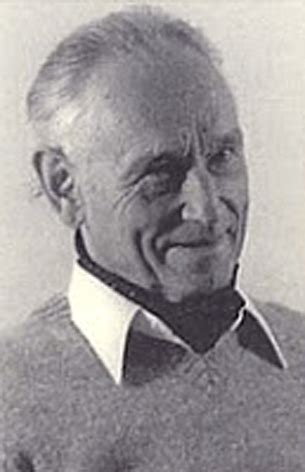A Quote by Herodotus
God does not suffer presumption in anyone but himself.
Related Quotes
It is a great good to be given over to the will of God. Then the Lord alone is in the soul, and no other thought, and she prays to God with a pure mind. When the soul is entirely given over to the will of God, then the Lord Himself begins to guide her, and the soul learns directly from God ... A proud man does not with to live according to the will of God. He likes to direct himself, and does not understand that man does not have enough understanding to direct himself without God.
Mr. Marx does not believe in God, but he believes deeply in himself. His heart is filled not with love but with rancor. He has very little benevolence toward men and becomes... furious and... spiteful... when anyone dares question the omniscience of the divinity whom he adores, that is to say, Mr. Marx himself.
Know that the science of unveiling has no end to it, for it consists in the journey of the intellect in the stations of Majesty, Beauty, Sublimeness, Grandeur, and Holiness. . . . He to whom the mysteries of La ilaha illa'llah are revealed draws near to God, and his worship of God becomes sincere. He does not turn to anyone but to Him, nor does he have hope in or fear other than Him, nor does he see harm or benefit except as coming from Him. He abandons whosoever is not He and rids himself of inward and outward associationism (shirk).
God has made us humans in God's own image. So therefore the highest way to talk about God is by some kind of analogy with ourselves. So, naturally, if we who are finite and sinful suffer in multiple ways because of sin and evil and the horrible things that happen in our world, how much more does God, who is infinite, sinless, and knows the totality of all that happens to everybody, suffer pain and heartache at the suffering of his human and non-human creation - and be angry at all that causes it?








































